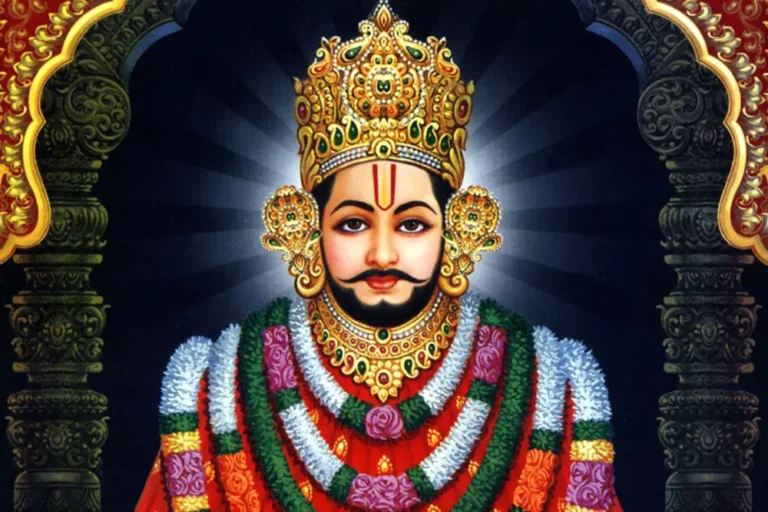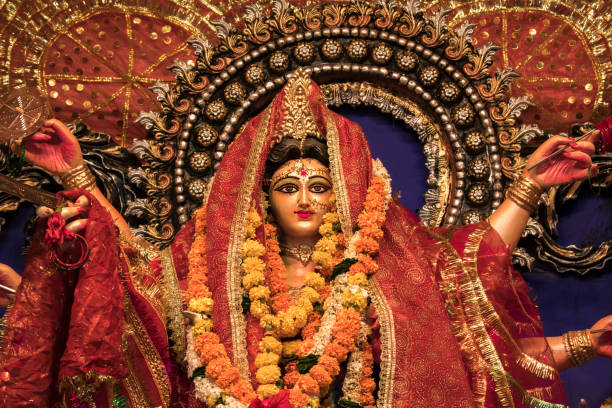When Romans followed the lunar schedule, the new year started in Spring, the day the new delegate accepted office.
New Delhi: As the clock hits 12 PM on December 31, firecrackers will enlighten the sky and individuals will meet up to greet 2024 wholeheartedly.
This date for another year not entirely set in stone according to the generally utilized Gregorian schedule, which is otherwise called the Julian schedule.
Nonetheless, various societies and religions invite the New Year on various dates and times. This relies on their particular schedules.
For what reason is January 1 celebrated as New Year?
When Romans followed the lunar schedule, the new year started in Spring, the day the new delegate accepted office.
Notwithstanding, a couple of additional months were added to the schedule by 153 B.C., and the diplomats assumed responsibility on January 1.
One more clarification behind this date was given by Greek-conceived student of history and logician Plutarch. He expressed that the main lord of Rome, Romulus, who was “a fighter and admirer of fight”, was accepted to be the child of Mars. Also, Romulus favored Walk.
Yet, another ruler, Numa, then again, was “an admirer of harmony”. Numa, whose desire was to redirect the city from war and turn it towards farming, gave priority to January.
The name of the month January is gotten from the tricky Roman lord of starting points or doors, Janus.
Afterward, at the hour of Julius Caesar, the Roman schedule escaped sync with the seasons.
Subsequently, Julius Caesar alongside an Alexandrian stargazer made the Julian schedule around 46 B.C., involving the Egyptian sun oriented schedule as the establishment. According to this schedule, the New Year began on January 1.
While the Julian schedule was very extensive, it was transformed by Pope Gregory XII prompting the formation of the Gregorian schedule.
In this schedule as well, the New Year authoritatively started on January 1.
When is New Year set apart in India?
Albeit most of the populace partakes in the festivals on New Year’s Eve or the evening of December 31, the genuine dates of New Year shift in India. This is essentially founded on various societies and customs.
Individuals in North Indian states like Punjab and Haryana observe New Year on April 13 as Baisakhi throughout the spring harvest time.
In Tamil Nadu, the New Year is commended as Tamil Puthandu. In Assam, it is seen as Rongali Bihu. While West Bengal praises the start of the new year as Poila Boishakh on April 14, individuals in Kerala mark the merriments as vishu.











+ There are no comments
Add yours